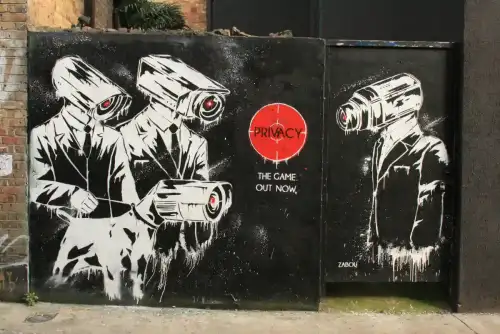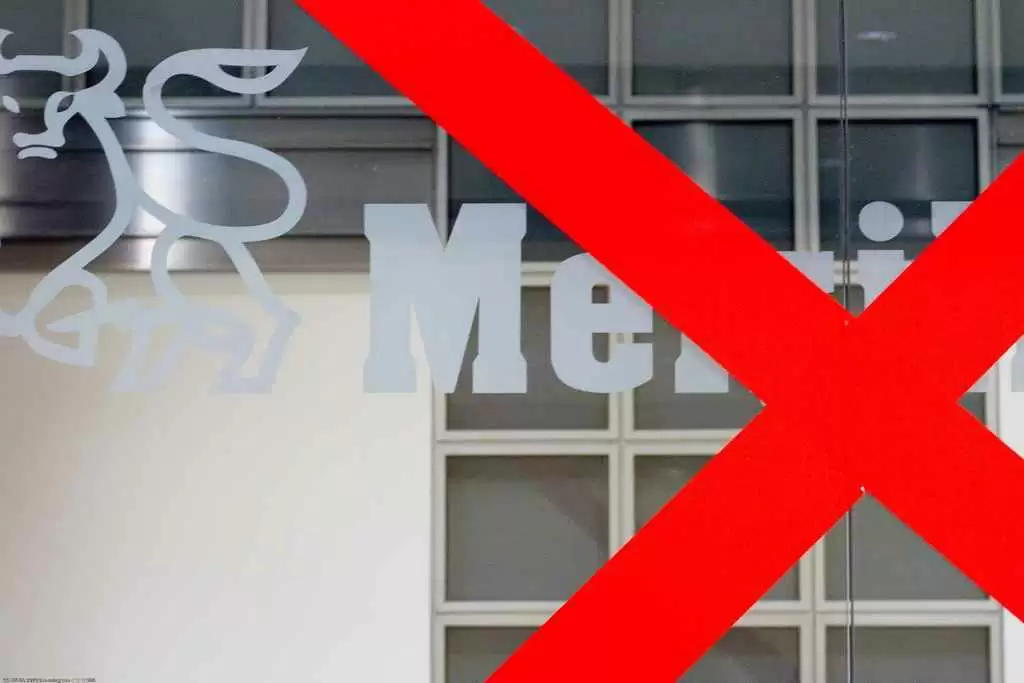Celiac.com 05/21/2025 - When it comes to dietary restrictions, most of us assume that sharing helpful information is an act of kindness. But what happens when that good intention steps into the realm of personal privacy? A recent office incident involving leftover gluten-free snacks opened up a much larger conversation about boundaries, sensitivity, and the ways we handle private information—especially in the workplace.
This story may seem trivial on the surface, but for those living with celiac disease or gluten sensitivity, it highlights deeper issues about visibility, trust, and the importance of consent in sharing health-related information.
When Good Intentions Cross a Line
Celiac.com Sponsor (A12):
In an effort to prevent food waste at an office gathering, one employee offered leftover gluten-free treats to a colleague who they believed followed a gluten-free diet. The offer, however, wasn’t received with gratitude. Instead, the coworker reacted with visible discomfort and later expressed frustration, comparing the disclosure of her dietary preference to a personal violation on par with revealing someone’s sexuality without consent.
This reaction stunned the person who made the offer. After all, hadn’t the gluten-free colleague mentioned her diet in the past? To her, it seemed like a casual fact, not something confidential. But for the colleague, that detail was something she had chosen to share in a specific context—not something she wanted broadly known.
Why Some People Keep Dietary Restrictions Private
According to behavioral studies, people keep secrets for reasons that often go beyond the surface. Protecting one’s ego, avoiding judgment, and maintaining a sense of control over one’s identity all play a role. For someone with celiac disease, publicly identifying as gluten-free may invite unwanted scrutiny, questions, or stigma—especially if others dismiss the condition as a fad or exaggeration.
In the workplace, where professional impressions matter, these concerns can be magnified. Disclosing a dietary restriction may seem like a small thing, but it can lead to assumptions about one's health, productivity, or even social habits. For people with gluten sensitivity or celiac disease, this isn't just about food—it’s about how they’re perceived and respected.
Workplace Boundaries: Where Is the Line?
The incident serves as a reminder that the line between helpful and hurtful is sometimes drawn in invisible ink. As explained by workplace strategists, setting boundaries is crucial for maintaining emotional safety and avoiding burnout. What feels like an innocent gesture to one person might feel like a breach of privacy to another—especially if clear communication hasn’t taken place.
Establishing boundaries means more than just respecting private medical information—it also means understanding the values, comfort zones, and expectations of our coworkers. It’s not just about asking if someone wants a gluten-free cookie. It’s about knowing whether they’re okay with others knowing why they might need one in the first place.
Conflict and Communication in Diverse Workplaces
Harvard Business School and other institutions recognize conflict as a natural part of any workplace due to the diversity of personalities and life experiences. In this story, the conflict didn't arise from cruelty or insensitivity—it came from misaligned assumptions. The original poster acted out of kindness, but the recipient felt exposed. Neither side acted maliciously, but without a clear conversation, the misunderstanding grew into silence and avoidance.
To navigate these situations, we need to normalize discussions about boundaries and create an environment where everyone feels safe to share—or not share—as they choose. Being gluten-free may not carry the same weight as disclosing one’s sexual orientation, but both involve personal identity and deserve respectful handling.
Why This Story Matters for the Gluten-Free Community
For people with celiac disease, gluten intolerance, or non-celiac gluten sensitivity, this story isn’t just about office snacks. It’s a reminder that living gluten-free isn’t always straightforward. Beyond food, there are social dynamics, privacy concerns, and a constant balancing act between self-advocacy and self-protection.
If you're gluten-free and prefer to keep it private, that’s your right. If you're someone who wants to support a gluten-free coworker, the best place to start is with a simple question: “Would you be comfortable if I shared this with others?” Small gestures, when done with consent, go a long way toward building trust and solidarity.
Read more at: boredpanda.com










Recommended Comments
Create an account or sign in to comment
You need to be a member in order to leave a comment
Create an account
Sign up for a new account in our community. It's easy!
Register a new accountSign in
Already have an account? Sign in here.
Sign In Now